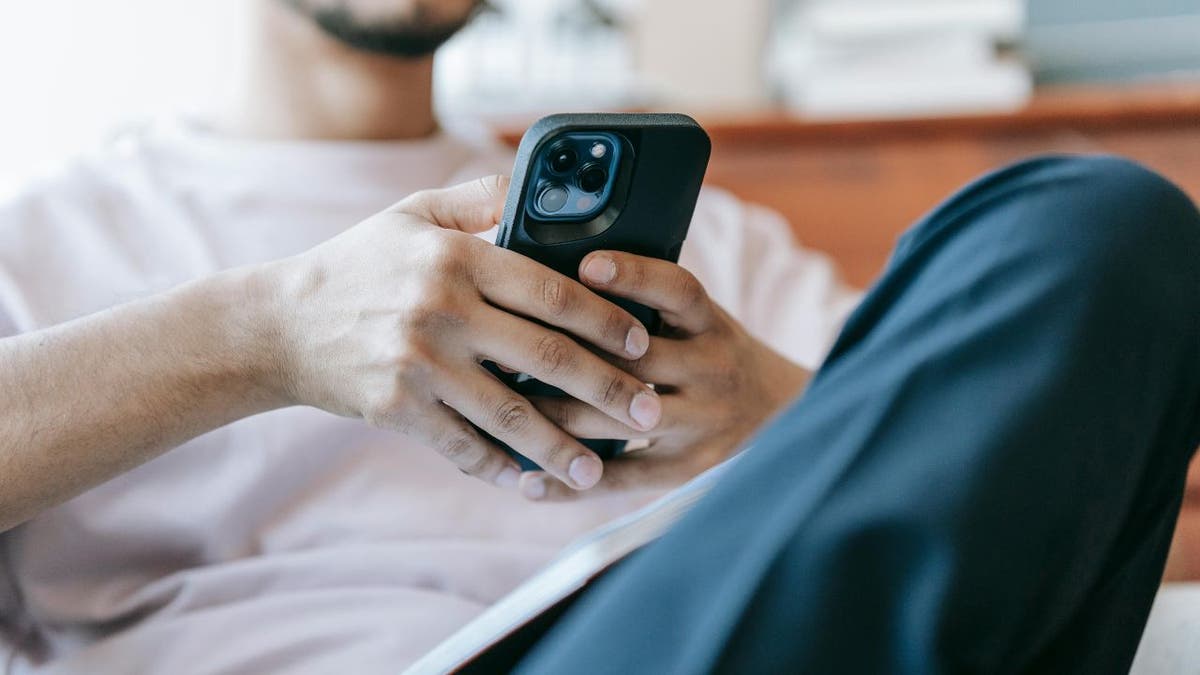Let’s face it, social media has become a mixed bag. Sure, it promised to connect us all in ways we never imagined, but let’s be real: The downsides are starting to overshadow the upsides.
It’s funny how your birth year can totally shape your view on this digital playground. Some of us might shrug off the issues, thinking, “No big deal,” while others are going to extremes, ditching their smartphones for old-school flip phones just to escape the social media circus. It’s like we’re all trying to figure out our own social media survival strategies.
And then there are the parents. Oh boy, are they in for a ride, especially if they’ve got teenagers. They’re busy crafting rules faster than you can say “TikTok,” hoping to keep their kids safe in this wild digital world. But here’s the kicker: It feels like they’re running a never-ending race. Just when they think they’ve got a handle on things, boom, another app or platform pops up, and they’re back to square one. It’s like trying to nail jelly to a wall – frustrating, messy and seemingly impossible.
Welcome to the social media age, folks, where the only constant is change.
GET SECURITY ALERTS, EXPERT TIPS – SIGN UP FOR KURT’S NEWSLETTER – THE CYBERGUY REPORT HERE

Mom and daughter looking at social media (Kurt “CyberGuy” Knutsson)
The dangers of social media
Social media platforms have become integral to our daily lives, but the impact they have had on mental health, productivity and even politics has gotten progressively worse over the years. Though awareness has been raised on this issue, which has helped people learn how to create boundaries for it, we’re still not able to stay ahead of what social media will do next.
Here are just some of the dangers of social media:
1) Exposure to scammers: Children and adolescents are vulnerable to online scams and fraudulent schemes.
2) Excessive screen time: Prolonged use of social media can lead to physical and mental health issues, including eye strain, poor posture and disrupted sleep patterns.
3) Dopamine-driven notifications: Frequent notifications can create addictive behavior patterns, leading to increased anxiety and reduced ability to focus.
4) Negative body image: Social media often promotes unrealistic body standards, contributing to body dissatisfaction and eating disorders.
5) Cyberbullying: Many young users face harassment and bullying online, which can lead to severe psychological distress.
6) Exposure to inaccurate news: The spread of misinformation and fake news on social media can influence young minds and contribute to anxiety and confusion.
HOW TO REMOVE YOUR PRIVATE DATA FROM THE INTERNET
What the US surgeon general wants to put into place
This isn’t the first time that issues concerning social media have reached the government. Most recently, U.S. Surgeon General Vivek Murthy called on Congress to introduce a warning label on social media apps to highlight the potential harm these platforms pose to young people.
Murthy’s push for this warning label aligns with longstanding concerns from youth advocates and lawmakers who have criticized social media giants like Facebook, Instagram, TikTok and Snapchat for their detrimental effects on children. These effects include contributing to mental health issues such as anxiety, depression, cyberbullying, vulnerability to predators, and, in the worst cases, suicide.
In fact, according to the NIH, “…age-adjusted suicide rates have steadily increased over the past decade in the United States with suicide being the second most common cause of death in youth. Hence, the increase in suicide rate parallels the simultaneous increase in social media use. In addition, the rate of non-suicidal self-injury ranges between 14% and 21% among young people.”
In the meantime, according to the article, “New York state lawmakers this month passed legislation to bar social media platforms from exposing “addictive” algorithmic content to users under age 18 without parental consent.”
HOW TO PROTECT YOURSELF FROM SOCIAL MEDIA SCAMMERS

Teenager looking at social media (Kurt “CyberGuy” Knutsson)
BALANCING THE PROS AND CONS OF SOCIAL MEDIA SCREEN TIME
What we can expect to happen if this goes through
If this warning does get approved through Congress, it would, of course, take some time before we actually see “warning labels,” and it’s unclear what that would actually look like. But if it did happen, here’s what could potentially happen:
Pros:
Increased awareness: Warning labels could make parents and adolescents more aware of the potential mental health risks associated with social media use.
Behavioral change: Similar to the impact of tobacco warning labels, these could encourage healthier social media habits and reduce usage among vulnerable groups.
Pressure on social media companies: Companies may be compelled to implement stricter safety measures and better content moderation practices to avoid legal and public relations issues.
Cons:
Resistance from tech companies: Powerful social media companies may lobby against the legislation, leading to protracted legal battles and potential delays in implementation.
Perceived insufficiency: Warning labels alone may be seen as a minimal effort, insufficient to address the deeper, systemic issues of social media’s impact on mental health.
Potential stigma: Warning labels could unintentionally stigmatize social media use, leading to fear or anxiety rather than informed, balanced usage.

An adult on social media (Kurt “CyberGuy” Knutsson)
How you can protect yourself in the meantime
Depending on what your own stance is on social media, the fact of the matter is that it does have the potential to harm too many vulnerable people, especially children and teenagers. And if you’re not in this demographic but still struggle with managing your social media usage, then there are some ways you can limit your time:
1) Set boundaries: This is not easy for everyone, but make it your goal to limit screen time and establish specific times of day for checking social media to prevent overuse. You can check how much time you’re on the screen by looking up the “screen-time” function on your device.
2) Manage notifications: Turn off non-essential notifications to reduce constant interruptions and the dopamine-driven urge to check your phone.
3) Don’t give away sensitive information online: Always be careful of what information and photos you put online. It’s never too difficult for someone to find.
4) Log out of social media on your phone: Not having the social media apps installed on your device and logging off of them on the browser (they make it easy to log back in with one click, so you’ll need to go the extra mile) can help you get off social media.
5) Don’t take things personally: Though social media can be a dangerous tool, and any harassment, stalking or other misconduct should be reported to the authorities, most negative people on social media are “trolls.” Ignore them, don’t engage with them, and report them to the platform, if need be.
6) Set blocks on your phone/laptop: If you don’t have too much self-control when it comes to limiting your social media time, that’s understandable. That’s why apps like Freedom.to exist, which actually prevent you from logging into these sites.
7) Get a dumb phone: Many people are trading in their smartphones for a dumb phone, which helps them to get off of social media.
8) Install parental controls: Phones, laptops and other tablets come with parental controls that parents can use to limit their child’s social media activity. But it’s important to also talk about the dangers of social media with them, and if they are allowed on it, what the ground rules are. Get my top four child monitoring programs of 2024.
HOW TO TAME THE BARRAGE OF STEALTHY SOCIAL MEDIA NOTIFICATIONS AND REGAIN CONTROL
Kurt’s key takeaways
Social media is fine if used appropriately, responsibly and in moderation. But its potential to do harm is something that’s important to take seriously, especially if you’re a parent and/or someone who has already suffered from anxiety or depression. Essentially, if what it’s taking from you is more than what it’s giving to you, it may be time to reconsider your relationship with your social media platforms or at least put some restrictions on it.
Do you enforce social media restrictions on yourself and/or your children? If so, why? And what are your thoughts on putting a warning label on social media platforms? Let us know by writing us at Cyberguy.com/Contact.
For more of my tech tips and security alerts, subscribe to my free CyberGuy Report Newsletter by heading to Cyberguy.com/Newsletter.
Ask Kurt a question or let us know what stories you’d like us to cover.
Follow Kurt on his social channels:
Answers to the most asked CyberGuy questions:
Copyright 2024 CyberGuy.com. All rights reserved.
